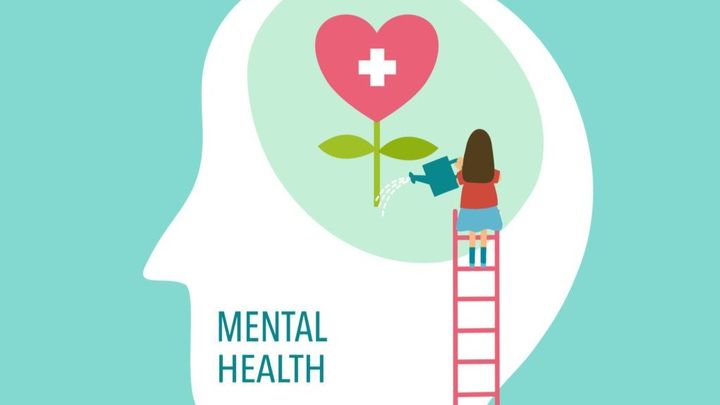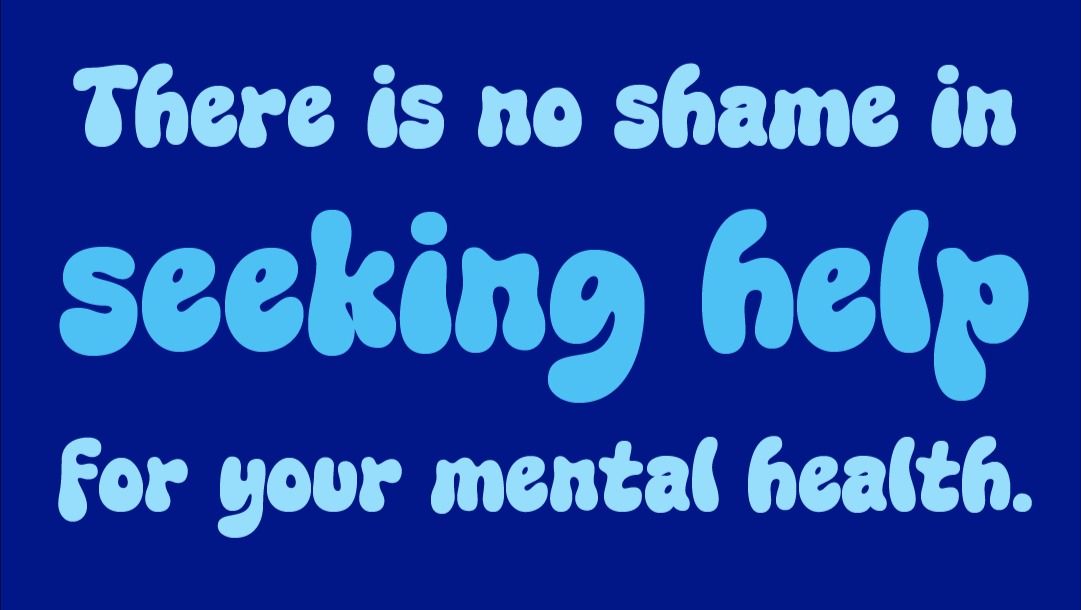
“Mind Matters” – Because Mental Health Touches Us All
Tax deductible
We are Mindful Alliance!
Mindful Alliance is committed to raising mental health awareness and education by means of concentrated fundraising projects. Often unappreciated in its importance, mental health greatly influences an individual's abilities to manage stress, maintain production high, and greatly help their local communities ( Mental Health, 2022). From trauma to emotional and psychological issues, mental disorders include a broad spectrum of illnesses that could greatly affect quality of life.
According to studies, about 46% of suicide victims had a mental disorder (Risk of Suicide | NAMI, n.d.). To address this pressing issue, we are gathering funds for the Mental Health Collaborative, an organization dedicated to raising mental health consciousness by means of education. The Collaborative offers in-person and online projects targeted at companies, universities, and local communities. These projects are very vital in empowering individuals to recognize early warning signs of mental illness, reduce stigma, and inspire proactive responses within their networks.
Mental Health Research and Statistics:
Prevalence of Mental Illness
- 1 in 5 U.S. adults experience mental illness each year (NAMI, 2022).
- 1 in 6 U.S. youth (ages 6-17) have a mental health disorder each year (NIMH).
Youth Mental Health
- 50% of all lifetime mental illnesses begin by age 14, and 75% by age 24 (NIMH).
Suicide Statistics
- Suicide is the second leading cause of death for ages 10-14 and 25-34 (CDC, 2023).
- 12.2 million adults reported serious suicidal thoughts in 2021 (SAMHSA).
Contributions given via this campaign will directly enable the execution and growth of these important projects.
Those who donate to this cause will be extremely crucial in creating better, safer communities and maybe saving lives. Your help will help to ensure that more people have the knowledge and tools needed to adequately manage mental health concerns.
To our knowledge, MHC is the only organization that provides comprehensive programs on all 4 components of Mental Health Literacy in the U.S. They are adapted from MentalHealthLiteracy.org, the worldwide leading expert in MHL. All of our programs are inclusive, delivered by experienced clinicians and educators, and offered virtually or in-person(Mental Health Collaborative,2024).
What is Mental Health Literacy?
1. Understand how to obtain and maintain good mental health
2.Understand and identify mental illnesses and their treatments
3.Decrease stigma
4.Enhance help-seeking efficacy

The link below has stories from different people who have experienced and or experienced a loss due to Mental Health:
More Mental Health Research and Statistics:
Access to Care & Disparities
- 28% of adults with mental illness report unmet treatment needs; rates are higher among minorities (NAMI, 2022).
- There is an average 11-year delay between symptom onset and treatment (MHA).
Economic Impact
- Mental disorders cause an estimated $193.2 billion in lost earnings per year in the U.S. (APA).
Prevalence by Disorder Type
- Anxiety Disorders: 19.1% of U.S. adults annually (NIMH).
- Depression: 8.4% of U.S. adults in 2020 (SAMHSA).
Workplace & Mental Health
- 76% of U.S. employees reported symptoms of a mental health condition in 2021 (APA).
Co-Occurring Disorders
- 9.5 million U.S. adults have both a mental and substance use disorder (SAMHSA).
LGBTQ+ Youth
- 61% of LGBTQ+ youth report depression; 45% seriously considered suicide (The Trevor Project).
Mental Health and Veterans
- Approximately 17 U.S. veterans die by suicide each day.
Source: U.S. Department of Veterans Affairs (VA)
- 30% of active duty and reserve military personnel deployed in Iraq and Afghanistan have a mental health condition, including PTSD and depression.
Source: National Alliance on Mental Illness (NAMI)
Need Help?
If you are thinking about suicide, contact one of the following helplines.
988 Suicide and Crisis Lifeline: Call or text 9-8-8.
2-1-1 Texas: Call or text 2-1-1 or visit the 2-1-1 Texas site.
Crisis Text Line: Text 741741 (Available 24/7).
Veterans Crisis Line: Call 9-8-8 and press 1.

References:
Carty, M. (2024, August 12). Our programs. Mental Health Collaborative. https://www.mentalhealthcollaborative.org/programs/?tab=1
Garnett MF, Curtin SC. Suicide mortality in the United States, 2002–2022. NCHS Data Brief, no 509. Hyattsville, MD: National Center for Health Statistics. 2024. DOI: https://dx.doi.org/10.15620/cdc/160504.
KIDS. (n.d.). NAMI National Alliance on Mental Illness. Retrieved November 17, 2024, from https://www.nami.org/your-journey/kids-teens-and-young-adults/kids/#:~:text=Additionally%2C%2050%25%20of%20all%20lifetime,is%20the%20time%20to%20intervene
“Mental Health Crisis Services.” Texas Health and Human Services, www.hhs.texas.gov/services/mental-health-substance-use/mental-health-crisis-services. Accessed 10 Nov. 2024.
National Alliance on Mental Illness (NAMI). (n.d.). Risk of Suicide. Retrieved November 5, 2024, from NAMI
SAMHSA, Center for Behavioral Health Statistics and Quality. (n.d.). Key Substance Use and Mental Health Indicators in the United States: Results from the 2019 National Survey on Drug Use and Health. https://www.samhsa.gov/data/sites/default/files/reports/rpt29393/2019NSDUHFFRPDFWHTML/2019NSDUHFFR090120.htm#:~:text=Co%2DOccurring%20Mental%20Health%20Issues%20and%20Substance%20Use%20Disorder&text=The%20percentage%20who%20had%20both,9.5%20million%20people
Starting to think about mental health. (n.d.). Mental Health America. https://mhanational.org/starting-think-about-mental-health
The Trevor project. (n.d.). Retrieved November 17, 2024, from https://www.thetrevorproject.org/
2023 Work in America Survey. (n.d.). In https://www.apa.org. https://www.apa.org/pubs/reports/work-in-america/2023-workplace-health-well-being
World Health Organization (WHO). (2022, June 17). Mental Health. Retrieved November 5, 2024, from WHO
Organizer
Veronica Hernandez
Organizer
Fort Worth, TX
Mental Health Collaborative
Beneficiary